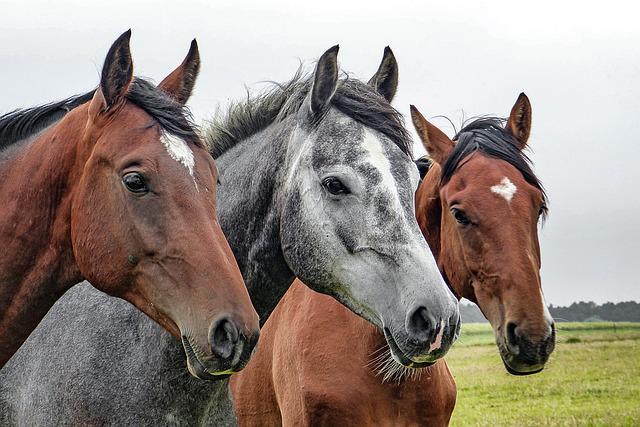Today, grooming your horse, determining what to feed them, skin, coat care, vitamins or minerals, hay or pasture, and many more responsibilities and knowledge are all things that must be digested when you own a horse. You like to ensure that your horse obtains the greatest possible care when you own one. This involves everything from grooming to determining what to feed your horse. A healthy diet is based on nutritious fodder, such as hay or pasture. You can also give the best health supplements to horses with grain and other feed concentrates. Because each horse’s demands differ, each horse in the barn gets a different supplement regimen. However, with so many horse supplements on the market, you may be unsure which is best for your horse. This guide will explain the many horse supplements available and which one is best for your horse’s needs.
Supplements for Joints:
One of the most important nutrients for horses is joint supplements. These types of equine health supplements are for elderly horses showing signs of osteoarthritis and younger, and for active horses whose joints could use some help. Glucosamine, hyaluronic acid, collagen, vitamin C, and silica are among the ingredients in joint horse supplements. If you are not sure which formulation is best for your horse, try one for 30 days and see if there are any obvious changes.
Supplements of vitamins and minerals:
If you feed your horse commercially manufactured horse feed, it should already be supplemented with vitamins and minerals. Horses that graze on fresh grass rather than commercially manufactured horse meals should acquire all of the vitamins they require. However, if your horse solely eats hay, supplementary vitamins and minerals will be beneficial because these are lost during hay curing and storage. Before feeding your horse, make sure to compare the labels of your meals and supplements. Overfeeding some vitamins and minerals can cause toxicity, so make sure you are not getting too much of one thing.
Supplements for the Skin and Coat:
You can start feeding your horse skin and coat supplements if you want them to have a shinier coat. Only provide them tiny amounts of skin and coat supplements since weight-building supplements might promote glossy coats due to the fat content, so only feed them little amounts. Flaxseed, chia seed, zinc, vitamin E, biotin, and amino acids are among the constituents of this supplement.
Supplements for Gastric Support:
Gastric ulcers are one of the numerous shared health issues domesticated horses face. Because prevention is better than treatment, giving your horse stomach support vitamins is good. Soluble fibre, collagen, and antacids are examples of gastric supplements. You can also avoid ulcers by reducing stress, increasing turnout time, and supplying fodder 24/7.
Supplements for Hoof Care:
When it comes to horse vitamins, hoof care supplements are one of the most popular. This supplement is ideal for horses with brittle, shelly feet that chip and loose shoes often. Supplements for hoof care can help compensate for nutritional inadequacies that might lead to poor foot health. These supplements may contain lysine, methionine, zinc, cobalt, copper, and omega 3 and 6 fatty acids, among other things. You will need to take hoof care supplements for your horses for roughly 6-12 months if you use them. It will take some time to observe any significant change.
Supplements for Digestive Health:
Colic is a severe stomach ache that affects some horses. If your horse is one of them, you might try giving him/her a digestive supplement. Limiting stress and improving turnout and forage availability, similar to ulcer prevention, can help avoid colic. If you wish to supplement your horse’s food with digestive supplements, look for a combination of yeast, probiotics, or oligosaccharides that can help your horse’s gut flora and digestive enzymes thrive.
Supplements for Weight Gain:
If your horse is having trouble gaining weight while eating enough high-quality fodder, you should consider giving them weight gain vitamins for horses. Weight gain supplements and skin and coat supplements almost have the same chemicals, so keep that in mind if you give your horse both.
Wrapping it up:
So these are the above-explained details about what are the different kinds of horse supplements to know in 2022. You should have a better understanding of what to buy now that you know more about horse supplements and what they do. If you are uncertain, speak to your veterinarian about your horse’s specific health concerns and requirements.
